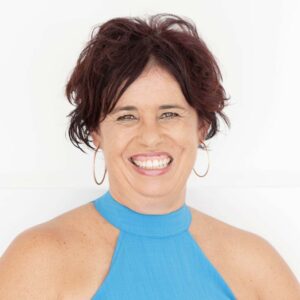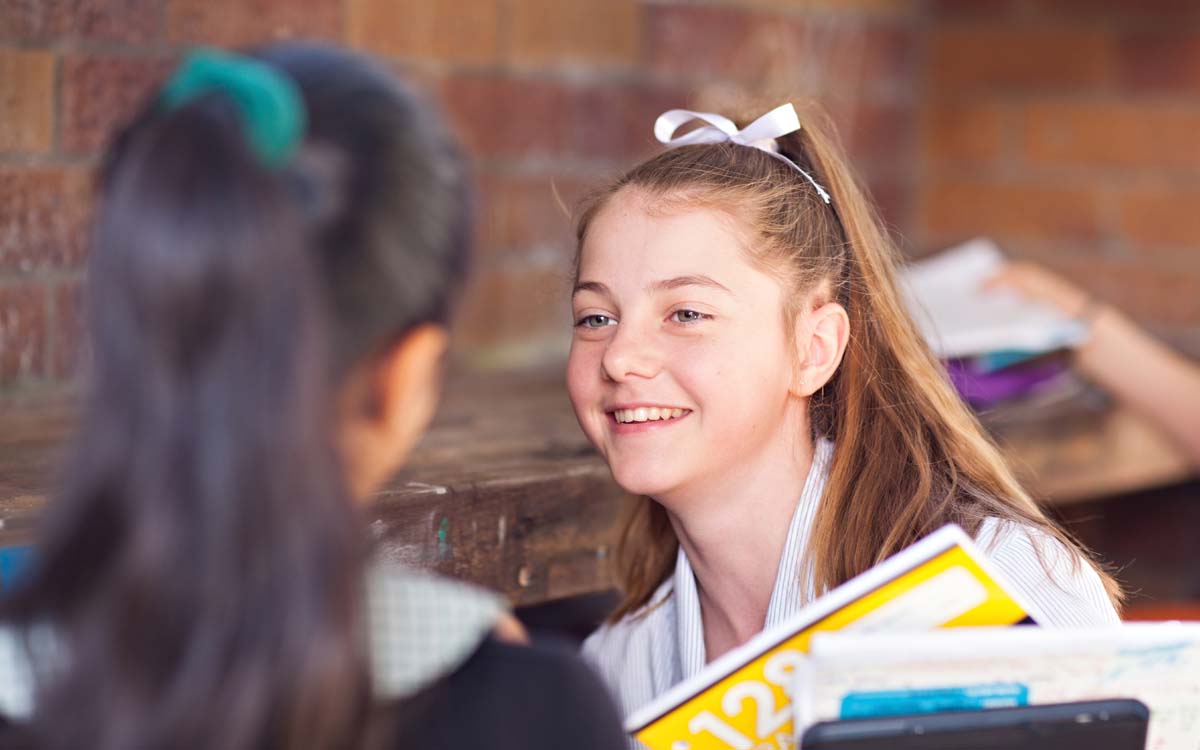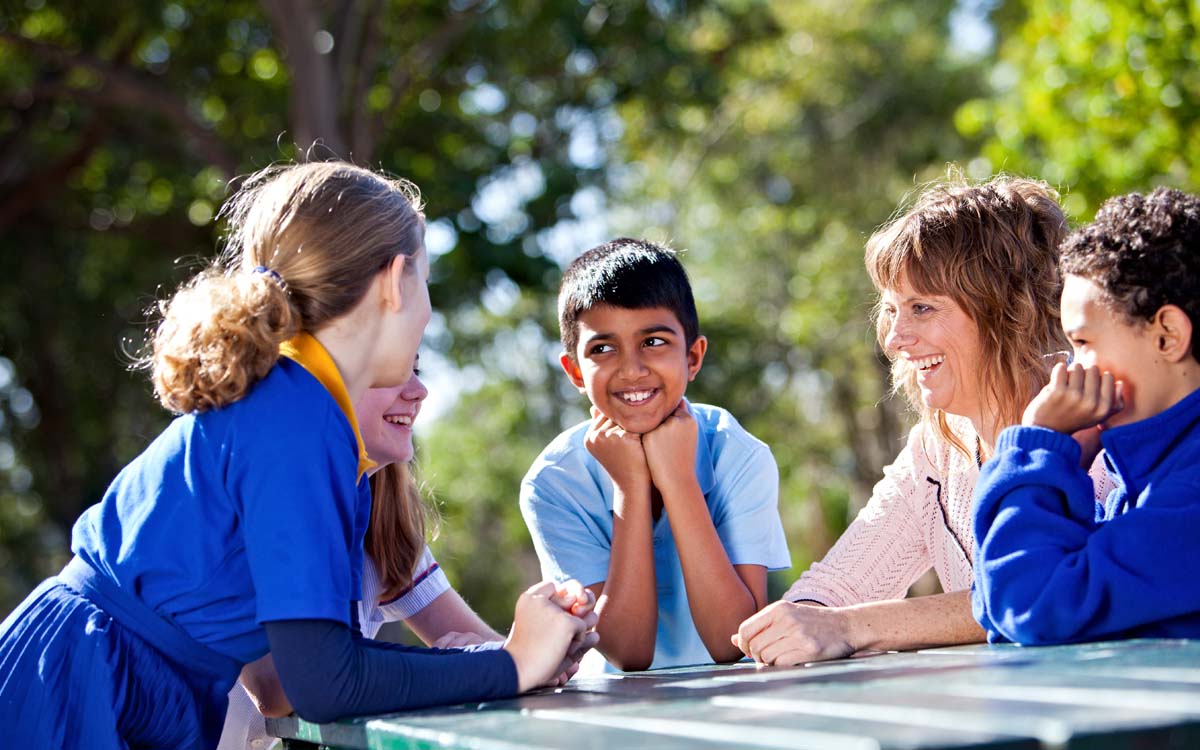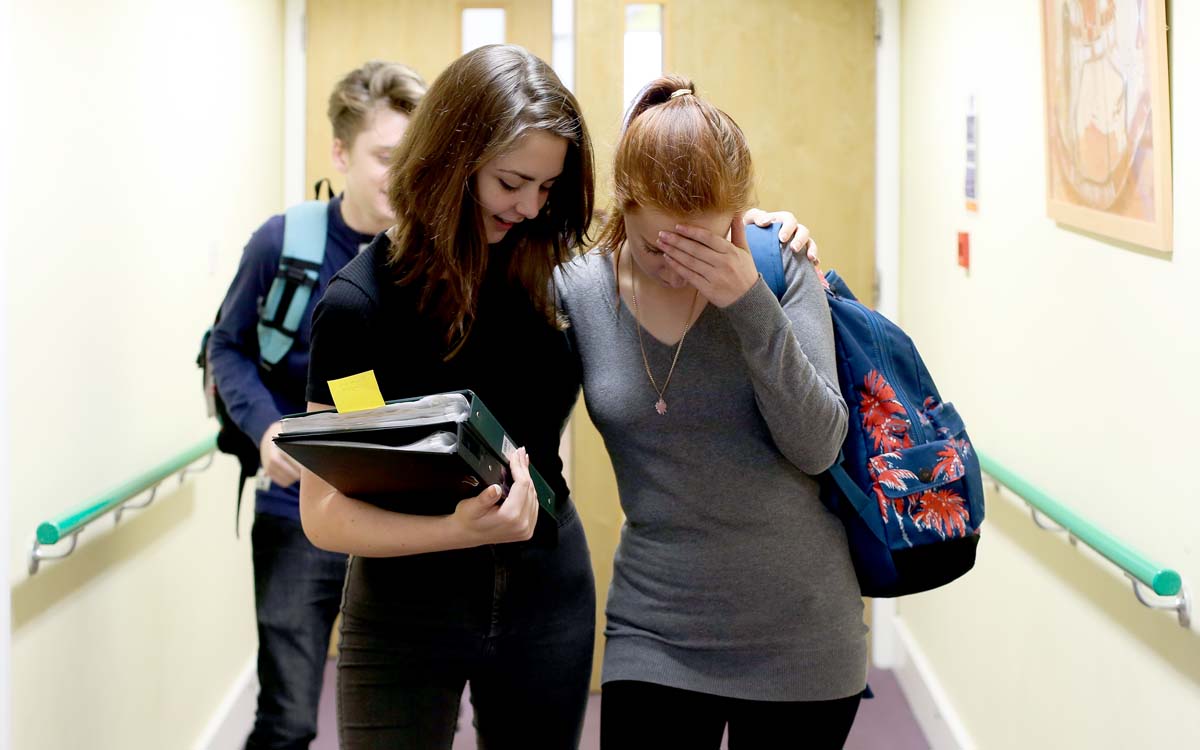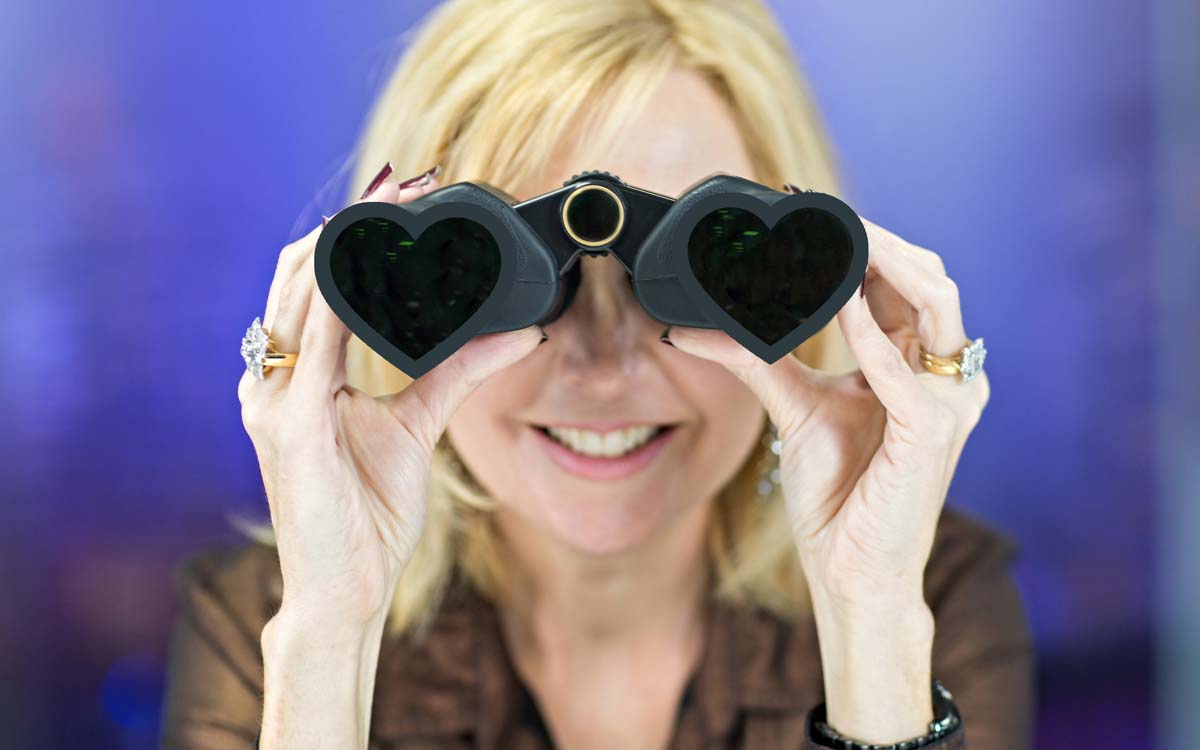Tanya Curtis has been working in the field of disability and with Autism Spectrum Disorder since 2002 and sees autism as a description of a person’s weaknesses, i.e., their not yet developed skills. For her, this means that fundamentally we are all the same in that everybody has strengths and weaknesses. It just so happens that a specific set of weaknesses, namely in the areas of socialisation, communication and adaptive or repetitive behaviours were bundled together under the label ‘autism’, now known as Autism Spectrum Disorder in view of the considerable range and variance from one person to another.
For Tanya, working with a person with autism is sheer magic; she gets to see the absolute honesty, at times bordering on bluntness, the quirkiness and sense of humour that often far exceeds that of those without a diagnosis.
This honesty does not have any filters; what you see is what you get and nobody is left questioning or in any doubt about where they stand.
In truth we are all the same and each and every one of us is an awesome, amazing and lovable being, no matter the outer persona. What then needs addressing are the behaviours that may not match that awesomeness.
For Tanya Curtis, it is never about a label or diagnosis but about the aspects of life that a person is yet to master and how to support commitment to life and a greater level of self-mastery. The behaviour and the being are not ever lumped together, judgment and lasting behaviour change do not go together and there are always more skills to learn that support a person to reach their full potential.
To achieve this, foundations are important – we are all equal, we all have strengths and weaknesses and skills need to be taught and not be expected. And when we hold a person for the being they are, then the behaviour and the being cannot be seen as one and the same and judgment becomes redundant.
